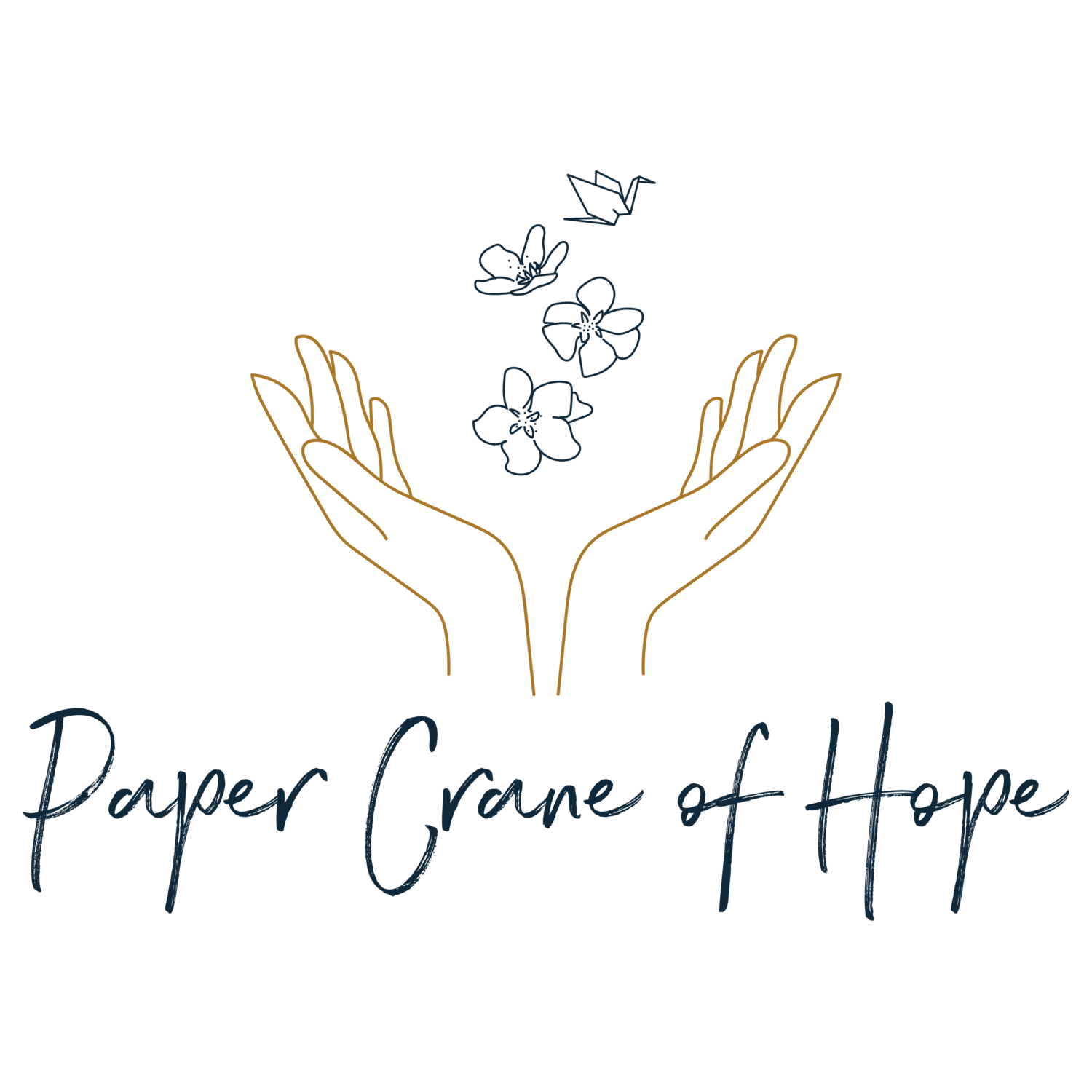Depression Isn’t a Choice: Supporting Men’s Mental Health and Breaking The Stigma
It’s dark in that part of the workshop, and quiet. He’s standing in front of the worktable, strewn with tools, all of which are looking more and more tempting. His heart is racing, his breathing is ragged. His callused fingers twitch. Muscles are jumping in his cheeks.
The voices in his head – the voices of society, of family members, random strangers on the Internet – are screaming:
Weak! You’re pathetic! You need to snap out of it!
He swallows down a shaking breath. He lifts his chin, the single shaft of sunlight pierces the silvery-grey of his stubbled chin. There are tears in his striking green eyes. He pulls his phone from his pocket, fingers shaking, unlocks it, and dials.
The suicide line rings, and is answered. And his hunched shoulders, squares again.
Depression Isn’t A Choice
Rusty’s fight isn’t alone. Millions of men face this daily.
Severe clinical depression, or Major Depressive Disorder (MDD), is a diagnosable mental health disorder defined by the DSM-5, characterized by profound, persistent low mood and/or loss of interest or pleasure (anhedonia) that significantly impairs daily functioning. It involves dysregulation of neurotransmitters (e.g., serotonin, dopamine) and may be influenced by genetic predisposition, neurobiological factors, chronic stress, or trauma. Severe MDD often presents with intense symptoms and may include psychotic features or high suicide risk.
It is not a personal failing. Depression accounts for 4.3% of the global disease burden, making it a leading cause of disability worldwide. Culturally, men are pressured to “man up” – 70% avoid help (SAMJ, 2023).
The myth that you can “tough it out” increases the suicide risk – here are some stats:
Globally, suicide claimed 703,000 lives worldwide – that’s 1 death every 40 seconds. 75% of people with mental disorders (including depression) do not receive treatment due to the stigma surrounding it, such as "tough it out" or "it's weakness." This increases suicide risk by 2–3 times for untreated depression, as early intervention reduces attempts by 50% (WHO, 2023–2024 updates).
And men are 2–4 times more likely to die by suicide than women globally, partly due to the "tough it out" stigma discouraging help-seeking (men seek professional support 25% less than women).
Toughing it out works if you’re a Toyota Hilux.
Rusty is a man. He didn’t choose to feel this way, and because he had been “toughing it up” for years and years – he’s about to break.
Seeking Help Is Heroic
Instead of hiding his pain in a bottle, he found a counsellor and reached out to friends so he can get the treatment he desperately needs.
Completely, utterly broken, he lifted himself off the ground, only barely, and is crawling towards a tiny sliver of light. This is bravery and courage. He risked more ridicule, more dismissal, more incomprehension, to reach out and seek help. Because no-one wants to feel like this. He has so many unique, beautiful gifts to offer this world – his light shouldn’t be snuffed out like this.
Light their Lanterns
They shouldn’t be doing this alone. So what can we do, we who see these beautiful, strong men suffer daily, we who love them and care for them and their well-being?
Normalise going to therapy. Therapy can speed up recover up to 30% (APA 2023).
Share resources, like local suicide support or therapy options.
Learn the warning signs, learn to spot the symptoms, learn what to do in certain situations. If he’s wearing long sleeves in 30 degree weather, don’t shout at him when you see the cuts or burns. Instead ask open-ended questions. Offer support, alternative coping strategies. If he suddenly stops engaging, don’t assume “he’s fine now”. Find him, and make sure.
And tell them that they’re brave. Tell them that they’re strong, that they’re courageous, that they can do it.
More than that – show them that they are worthy of the support, that they’re not weak. Show them, consistently, that you believe in them. Words mean nothing unless backed by actions.
Stand up, and reject the stigma surround mental illness. Educate yourself so that you can be the one who stays consistent, saying “I’m here”, instead of snapping “man, snap out of it” after a week.
They’re Our Boys, Our Heroes
Men reaching out for help in the dark is not weak, no matter what “society” says. Depression is an invisible war inside their minds. You view soldiers as brave, don’t you? Just because you can’t see his battleground, doesn’t make it less real. If you don’t know what that feels like, consider yourself incredibly lucky.
What’s more manly (according to this so-called “man up” advice) than showing up for battle, daily?
Supporting a man struggling with depression can save his life. They are our boys. They are our heroes. Rusty is a strong, beautiful man and he is holding on with all that he’s got.
With struggling fingers, he flicked a lighter on to light his broken lantern in the terrible, swirling void of despair and loneliness.
We see the small, flickering flame.
We need to step up, and protect it. Bring our whole, strong lanterns in to dispel the dark, so that he has time to fix his light. Then we can walk out of that dark place, heads held high, with him, and into the light of day.
For Mental Health Support
If you are needing mental health support today, please consider booking a counselling appointment with Sam Ruckle from Paper Crane Of Hope.
If you are in an emergency, please call 000 (Australia)
Beyond Blue 24/7 Phone Counselling 1300 22 4636
Mens Line Australia Call 1300 78 99 78
Life Line Australia Crisis Support 13 11 14



